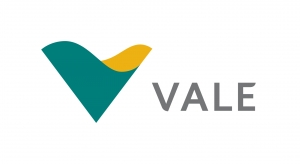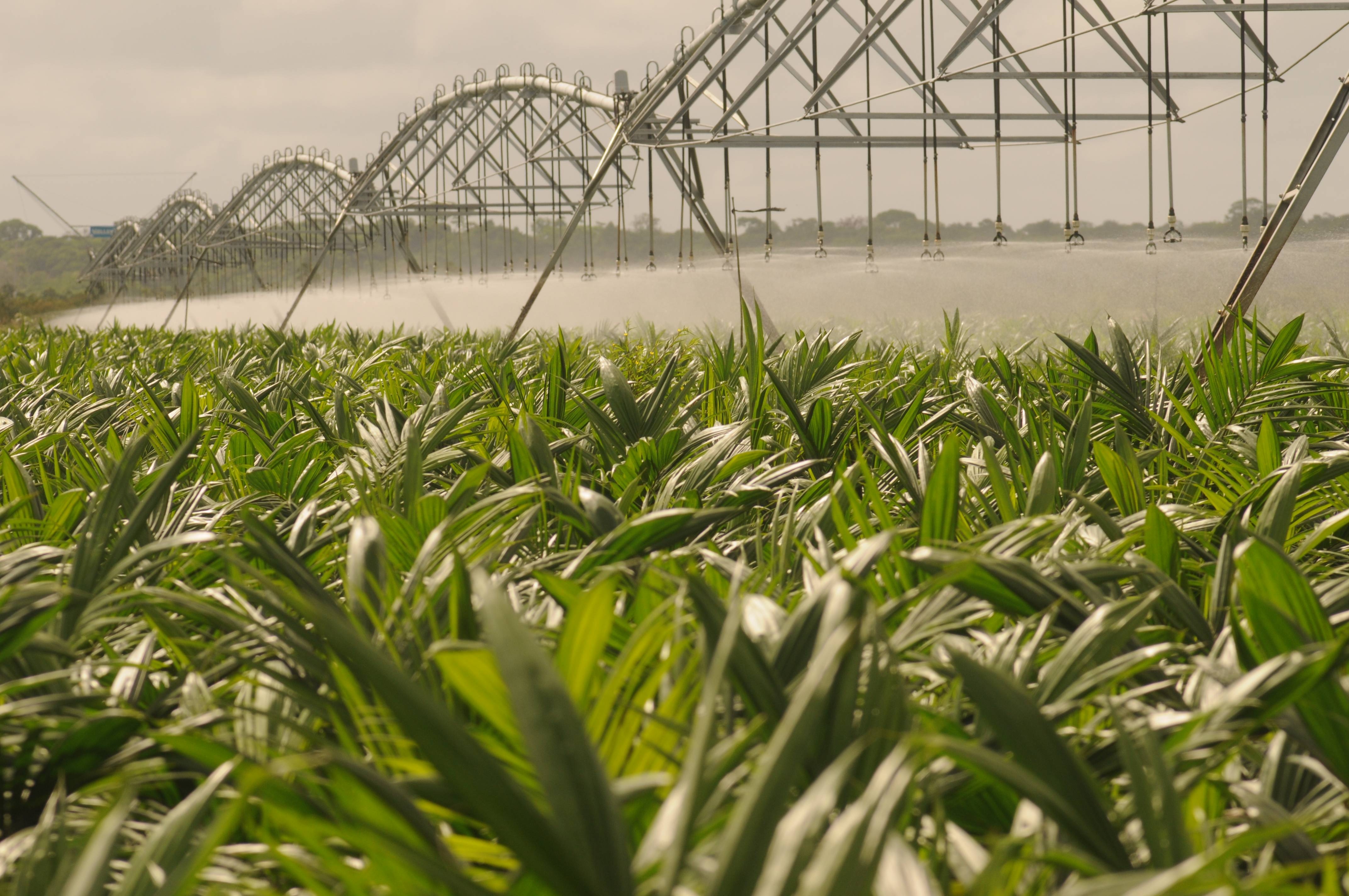Vale

Vale assumed the challenge of acting proactively in the context of climate change. The company is working in the area by evaluating operational risks, minimizing vulnerabilities and maximising opportunities — such as technological innovation to reduce consumption of fossil fuels and investment in clean energy supplies — and developing strategies for adapting to the risks of physical impacts.
Since 2005, Vale has been tracking its emissions profile through its GHG inventory, enabling it to create strategies and plans to follow a development model based on a low-carbon economy. In addition to emissions management, the company’s strategy also includes raising awareness and engagement in its value chain, focusing on its suppliers.
In 2011, Vale invested approximately US$10 million in energy efficiency and corporate projects in the field of climate change. In addition to that, in 2012 the company updated its Global Climate Change Policy and included the commitment to establish a global target for reducing the company’s emissions, as also to reinforce the company’s role in mobilizing its supply chain to tackle climate change in an integrated way, among other commitments. The target, established in 2012, is for Vale to cut its 2020 projected emissions by 5%, using similar methodology to that used in the Brazilian National Climate Change Policy.
As part of the company’s commitment to reduce its impact on climate change and to create long-term value, Vale has implemented the “Greenhouse Gas (GHG) Emissions Management in the Value Chain” program, which aims to involve suppliers in these efforts. Under the program, Vale is encouraging its suppliers to build their own capacity to establish an emissions inventory at their companies. During 2011 and 2012, a number of training workshops were carried out in the various continents where Vale is present.
Vale is also committed to investing in renewable sources of energy, energy efficiency and technological innovation and its target is to reach by 2015 a level of 20 per cent of biodiesel in the biofuel mixture used in its Brazilian operations.
One of the first companies to use biodiesel in its operations, Vale is initially investing US$633 million to produce biofuel and expand its use in its machinery and logistics systems. In 2011, Vale acquired control of Biopalma da Amazônia S.A to produce the main raw material used to make biodiesel, palm oil. From an environmental point of view, this project will enable a reduction in greenhouse gas emissions while restoring impacted areas.
The company will be responsible for planting 80,000 hectares of palm trees in the state of Pará, including 20,000 hectares of family-run farms, with 2,000 families expected to be participating by 2013. The goal is to reach 60,000 hectares of plantations by the end of 2012 and 80,000 hectares in 2013. These activities are taking place in important parts of the Amazon biome, which were previously used for pasture before being abandoned. As well as recovering these areas by planting palm trees, more than 70,000 hectares will be allocated for legally required native forest cover and permanent preservation areas.
The company’s investment in the sustainable production of palm oil and biodiesel has already received international recognition. At the start of 2012, Vale was awarded the Sustainable Biofuels award by World Biofuels Markets.
Vale has also been applying innovation and technology to mineral production in its new project in the Brazilian state of Pará, S11D, which will increase iron production at Carajás by up to 90 million metric tons per year. In addition to a completely dry process which will lead to a 93 per cent reduction in water consumption, 86 per cent of the water will be reused. Mining operations will not feature trucks, but rather a “truckless” system using in-pit crushing and conveying technology. The replacement of trucks by conveyor belts will lead to a significant reduction in diesel consumption and emissions of particulate matter and will reduce the generation of waste such as tires, filters, lubricants and other items. This system will reduce GHG emissions by around 118,000 metric tons of carbon dioxide equivalent per year.
Lorem ipsum dolor sit amet, consectetur adipiscing elit. Donec laoreet ipsum id augue varius, sed fringilla lacus congue.
No news articles.
No news articles.
